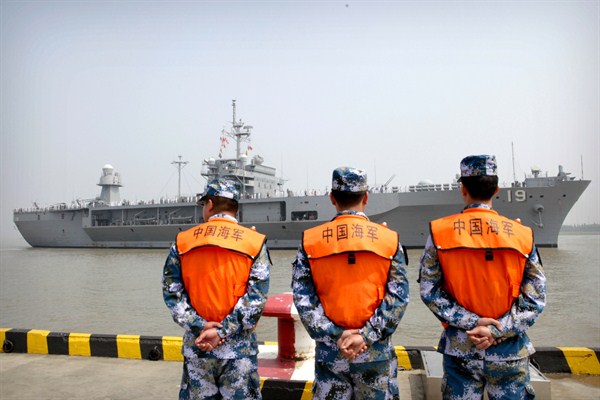The ruling earlier this month by the Permanent Court of Arbitration in The Hague in favor of the Philippines in its dispute with China over some of the islands in the South China Sea has spurred a wealth of commentary, forecasts and questions. Three main narratives have emerged.
The first centers on the respect of international law that is enshrined in the liberal order. Some observers have stressed that the international tribunal’s ruling strengthens the liberal order, while others see Beijing’s rejection of it as a test or even a threat to the liberal order itself. Many Western policymakers favor this narrative. U.S. Vice President Joe Biden, for example, warned that China must abide by the same international rules as everyone else. In an interview with the Sydney Morning Herald after the ruling, he said that the United States was working “with Australia and countries throughout the region, to insist that the liberal international order be maintained.”
The second narrative centers on the supposedly monolithic nature of the Chinese state. Questions, expectations and worries about the ruling’s impact have thus been framed largely around what China will do or should do.

